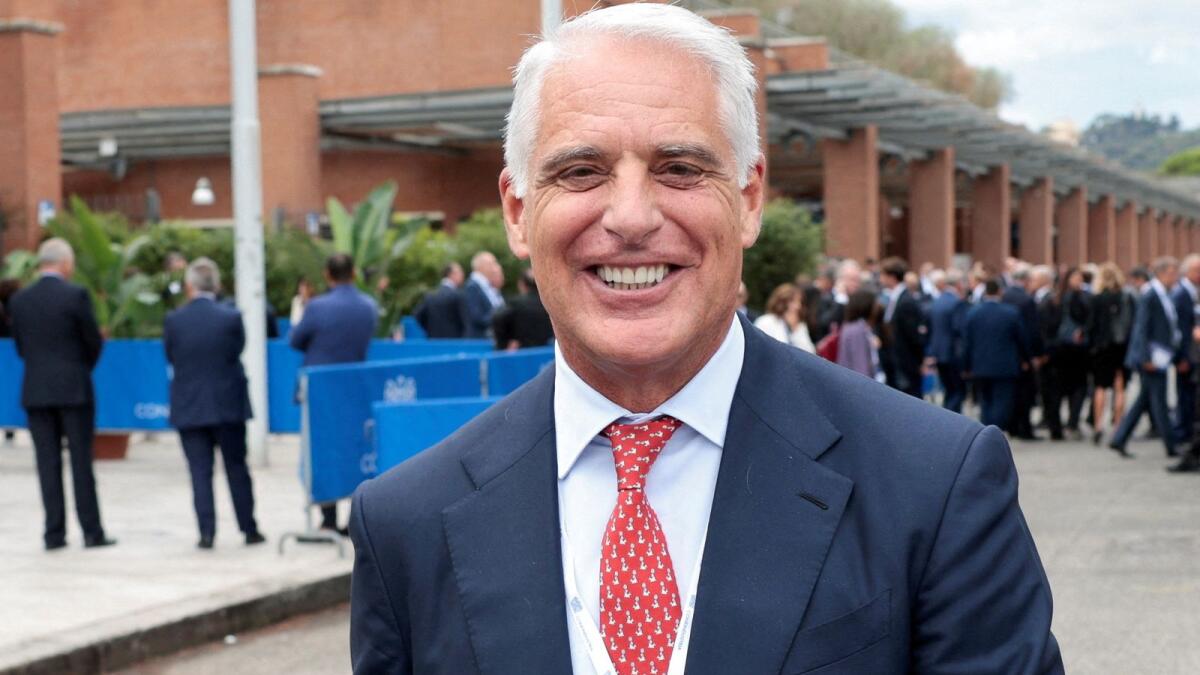Andrea Orcel, the CEO of UniCredit, is known for his expertise in advising on major banking deals. Now, he faces his biggest challenge yet in attempting to overcome Europe’s resistance to cross-border mergers. UniCredit recently acquired a significant stake in Commerzbank, signaling Orcel’s intentions to create a stronger competitor in Germany. However, this move has been met with opposition from various parties in Germany.
Despite facing hurdles such as low profitability and regulatory barriers, UniCredit’s strong financial position and successful turnaround make it a viable candidate for a bold merger. Orcel’s vision for a combined European banking group aligns with the calls for improved competitiveness in the face of global rivals. However, the political landscape in Europe, with a preference for national champions, poses a significant challenge for cross-border mergers.
The German reaction to UniCredit’s interest in Commerzbank reflects the resistance to changing the status quo in the banking sector. UniCredit’s transparent approach has raised suspicions in some quarters, especially during a delicate political period in Germany. On the other hand, Italy views UniCredit’s efforts to build a European banking giant favorably, as long as its central functions remain in Italy.
Despite the potential benefits of a UniCredit-Commerzbank tie-up, challenges remain in securing regulatory approval and overcoming cross-border complexities. Orcel’s assertive approach has garnered attention and stirred debate about the future of banking in Europe. The European Central Bank’s push for cross-border banking deals aligns with Orcel’s ambitious plans, but questions linger about the feasibility and benefits of such mergers.
As Orcel navigates the complexities of European banking regulations and political dynamics, his ultimate goal is to create a banking powerhouse that can compete on a global scale. UniCredit’s potential acquisition of Commerzbank could pave the way for more cross-border mergers in the future. While some question the wisdom of pursuing such deals, others see it as a necessary step in strengthening Europe’s financial services market.
In conclusion, Andrea Orcel’s ambitious plans for UniCredit’s expansion through a potential merger with Commerzbank highlight the challenges and opportunities in Europe’s banking sector. As he continues to push for regulatory approval and navigate political sensitivities, Orcel’s efforts may pave the way for a new era of cross-border banking deals. Ultimately, the success or failure of this merger could reshape the European banking landscape and set a precedent for future mergers in the region.











